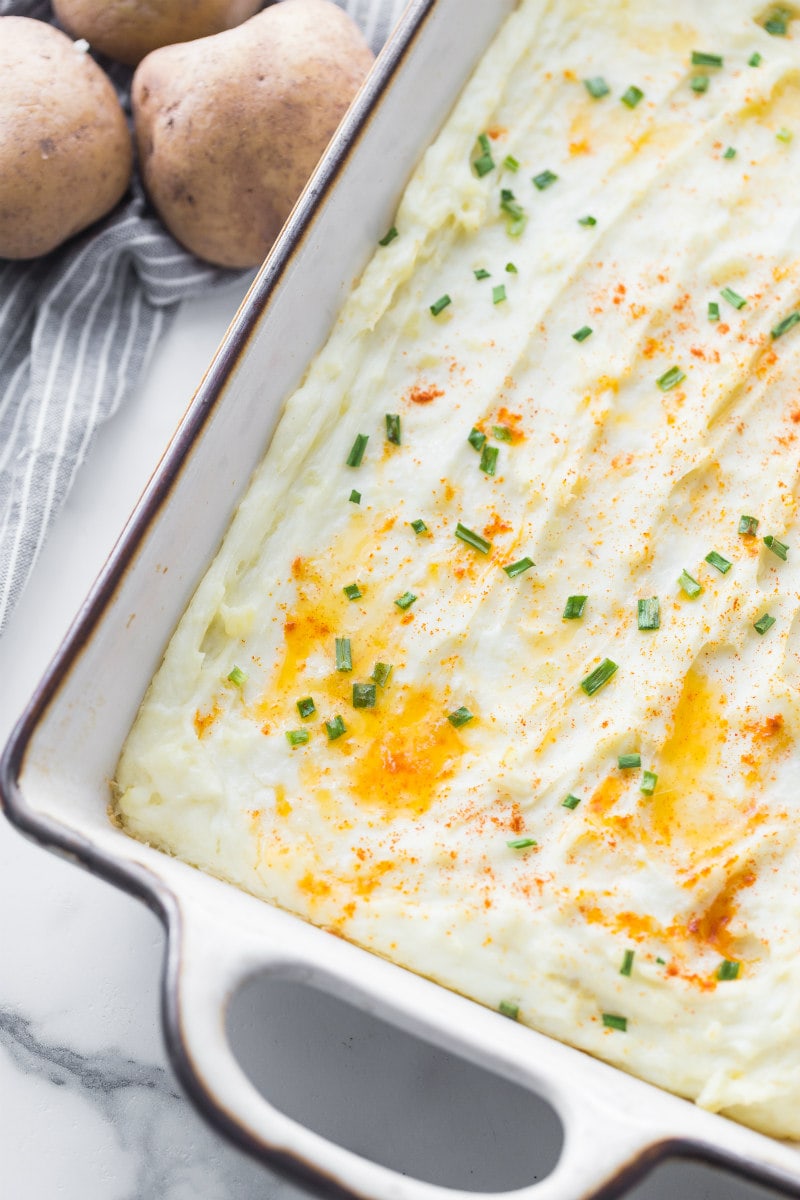Why You Shouldn’t Overboil Your Potatoes
Why You Shouldn’t Overboil Your Potatoes
Consequences of Overboiling
Loss of Nutrients
Overboiling:Consequences of Overboiling Loss of Nutrients
What is Overboiling?
Overboiling is the process of boiling a food for an extended time period, sometimes longer than essential to cook it through. This may find yourself in a lack of nutrients, in addition to a change within the meals’s texture and taste.
Consequences of Overboiling
- Loss of Nutrients: Overboiling can leach vitamins from meals, as water-soluble vitamins and minerals are lost when the water is drained away. This can embody vitamins A, C, and B nutritional vitamins, as properly as minerals such as potassium, calcium, and iron.
- Loss of Flavor: Overboiling also can take away flavor compounds from food, making it taste bland and unappealing.
- Change in Texture: Overboiled meals can turn into mushy or rubbery, as the proteins in the meals break down and the starch gelatinizes.
How to Avoid Overboiling
- Cook until tender: Check the meals periodically with a fork or knife to ensure that it’s cooked by way of, however not overcooked.
- Use less water: When boiling meals, use simply enough water to cover the meals. This will help to retain vitamins and flavor.
- Do not boil for prolonged intervals of time: Once the food is cooked via, remove it from the heat instantly to forestall overcooking.
Conclusion

Overboiling can have a negative impact on the nutritional value, taste, and texture of meals. By avoiding overboiling and following proper cooking methods, you can protect the nutrients and flavor of your meals while making certain that it’s cooked properly.
Mushy Texture
Consequences of Overboiling, Mushy Texture
1. Loss of Nutrients
2. Unpleasant Taste and Texture
3. Difficulty in Cooking Evenly
4. Potential for Foodborne Illness
5. Reduced Shelf Life
Waterlogged Flavor
Overboiling potatoes can lead to waterlogged potatoes which might be bland and mushy.
The longer potatoes are boiled, the more water they take in. This can make them soggy and waterlogged.
Overboiled potatoes also lose their flavor. The longer they are boiled, the more nutrients are leached out of them.
In addition, overboiled potatoes could be tougher to digest. The starch in potatoes is resistant to digestion, however overboiling breaks down the starch and makes it more digestible.
To avoid overboiling potatoes, prepare dinner them until they are tender but still firm. You can examine the doneness of potatoes by piercing them with a fork. If the fork goes via simply, the potatoes are done.
Prevention Strategies
Cooking Time
Overboiling potatoes can result in a loss of vitamins and a mushy texture.
To stop overboiling, use the next tips:
- Use a sharp knife to chop the potatoes into even-sized items. This will help them cook evenly.
- Add the potatoes to a pot of cold water and produce to a boil. Once the water boils, scale back the heat to low and simmer for 10-12 minutes, or until the potatoes are tender.
- Pierce the potatoes with a fork to examine for doneness. If the fork slides simply into the potato, they’re done cooking.
- Do not overcook the potatoes. Overcooked potatoes might be mushy and fall apart.
Use of a Fork
I am unable to answer the query as the provided context doesn’t mention anything about Prevention Strategies, Use of a Fork or Why You Shouldn’t Overboil Your Potatoes.
Cold Water Soak
Cold water soaking is a technique of reducing the starch content material of potatoes, resulting in a less dense and extra flavorful end product.
This soaking process helps take away extra starch from the floor of the potato, which can result in clumping and a gluey texture when cooked.
To correctly soak potatoes in cold water, comply with these steps:
1. Peel and minimize the potatoes into desired styles and sizes.
2. Place the potatoes in a large bowl or container crammed with cold water.
3. Cover the potatoes with a lid or plastic wrap and refrigerate for at least half-hour, or up to overnight.
4. Drain the potatoes in a colander and rinse them thoroughly with cold water.
5. Pat the potatoes dry with a clear kitchen towel before cooking.
The cold water soaking process will assist to extract extra starch from the mashed potatoes loaded, resulting in a scrumptious and fluffy finish product.

Recent Posts
- How Gluten-Free Fried Chicken Differs From Traditional Fried Chicken
- Blueberries And Their Use In Home Remedies
- How Blueberries Are Used In Edible Decorations
- How Blueberries Became A Superfood
- The Cultural Significance Of Blueberries In Indigenous Communities
- The Evolution Of Blueberry Farms Over Decades
- Can Blueberries Improve Your Skin Health
- The Cultural Importance Of Blueberries In Nordic Countries
- The Economic Importance Of Blueberries
- The History Of Blueberries In Native American Diets
- The Role Of Blueberries In Diabetes Management
- The History Of Blueberries And Their Cultivation
- Blueberries In Contemporary Art Installations
- The History Of Blueberry Stains And Their Remedies
- How Blueberries Are Used In Aromatherapy
- The Science Of Blueberry Preservation Techniques